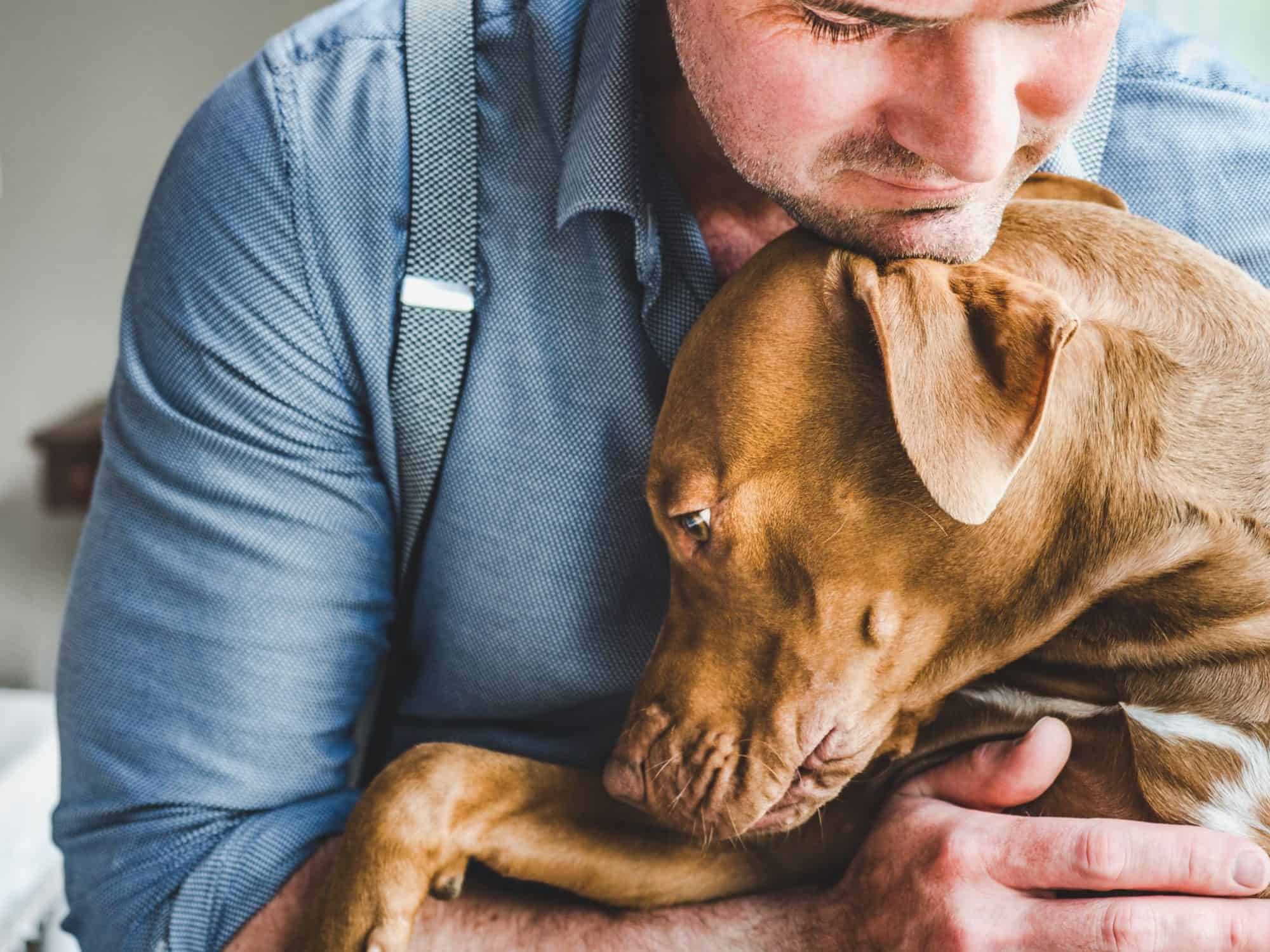Cancer in Pets: How to Fight Back

With amazing advances in medicine and technology, our pet population is living longer than ever before. While that is largely a good thing, it does come with some downsides as well. With an aging population, diagnosing cancer in pets is more and more common. About half of all disease-related animal deaths each year are as a result of cancer.
A cancer diagnosis isn’t always a death sentence, though. Bowman Veterinary Hospital wants our pet owners to be armed and ready when it comes to cancer in pets. A little knowledge is a good thing, and sometimes a good defense is the best offense.
Cancer and Pets
Cancer in pets is similar to cancer in people. In fact, it occurs at nearly the same rate in our animal population as it does in us.
We hear the term cancer a lot, but in reality it is a pretty generic term. Cancer simply refers to a disease state in which the cells of a certain tissue within the body begin to divide outside of the normal controls. The consequences can be very different depending on what cells the cancer is affecting and where they are in the body.
Some cancers are very localized and may actually be relatively harmless, while other, more aggressive cancers may invade the surrounding tissues and affect the functioning of the body or metastasize (spread) to other locations.
At this point in time, we don’t entirely know what causes cancer in pets or people. We do know that many factors including genetics, age, exposure to carcinogens, and lifestyle can contribute to a patient developing cancer.
Preventing Cancer in Pets
While we are not yet in a place where we can claim to prevent cancer, there are definitely things that a proactive pet owner can do to decrease risk. Truthfully, cancer risk reduction mostly depends on good preventive and wellness care, which is something that we all can do!
Do your part to keep your pet healthy by:
- Remembering that nutrition matters: Cancer incidence is higher in pets who are overweight, so helping your furry friend maintain a healthy body weight is important. Feeding healthy, good quality food is also important. Good nutrition goes a long way.
- Spaying or neutering: Spaying or neutering your pet is an easy way to reduce cancer risk. Spaying before a pet begins to have heat cycles nearly eliminates the chances of mammary cancer later in life. Likewise, neutered pets are not at risk for testicular cancer.
- Keep your wellness care appointments: Wellness care visits are a perfect opportunity for our veterinarians to notice changes in your pet’s physical examination and for you to bring our attention to concerns at home. Screening tests such as blood work or radiographs may also bring issues to light. Identifying problems early is important when it comes to cancer
- Detoxifying your home: Many household products contain ingredients such as butyl cellosolve, petroleum, and phthalates that may have carcinogenic (cancer-inducing) properties. Using more natural alternatives can decrease your pet’s cancer risk
- Decreasing exposure to risk: Most of us know that certain environmental things like cigarette smoke and sun exposure can increase cancer risk. Not everyone realizes that they affect our pets, too. Decrease or eliminate exposure when possible.
- Knowing your pet’s risk: Knowledge is power, and while knowing that your pet’s breed or genes may predispose them to a certain type of cancer may seem depressing, it can be valuable information. Being vigilant and catching cancer early in its course can improve prognosis.
Of course, it’s also important to let us know right away if you think something might be wrong. You know your pet better than anyone, so don’t be afraid to let us know that something is off. Changes in energy level, behaviors, new lumps or bumps, limping, or changes in breathing all warrant investigation.
Cancer is nobody’s friend, and hopefully one day we will be able to beat it entirely. Until then, prevention and vigilance are pretty good weapons along with the treatment option we have at our disposal. Hopefully cancer in pets is something you don’t have to experience first-hand, but if you do, know that we are here to help.


